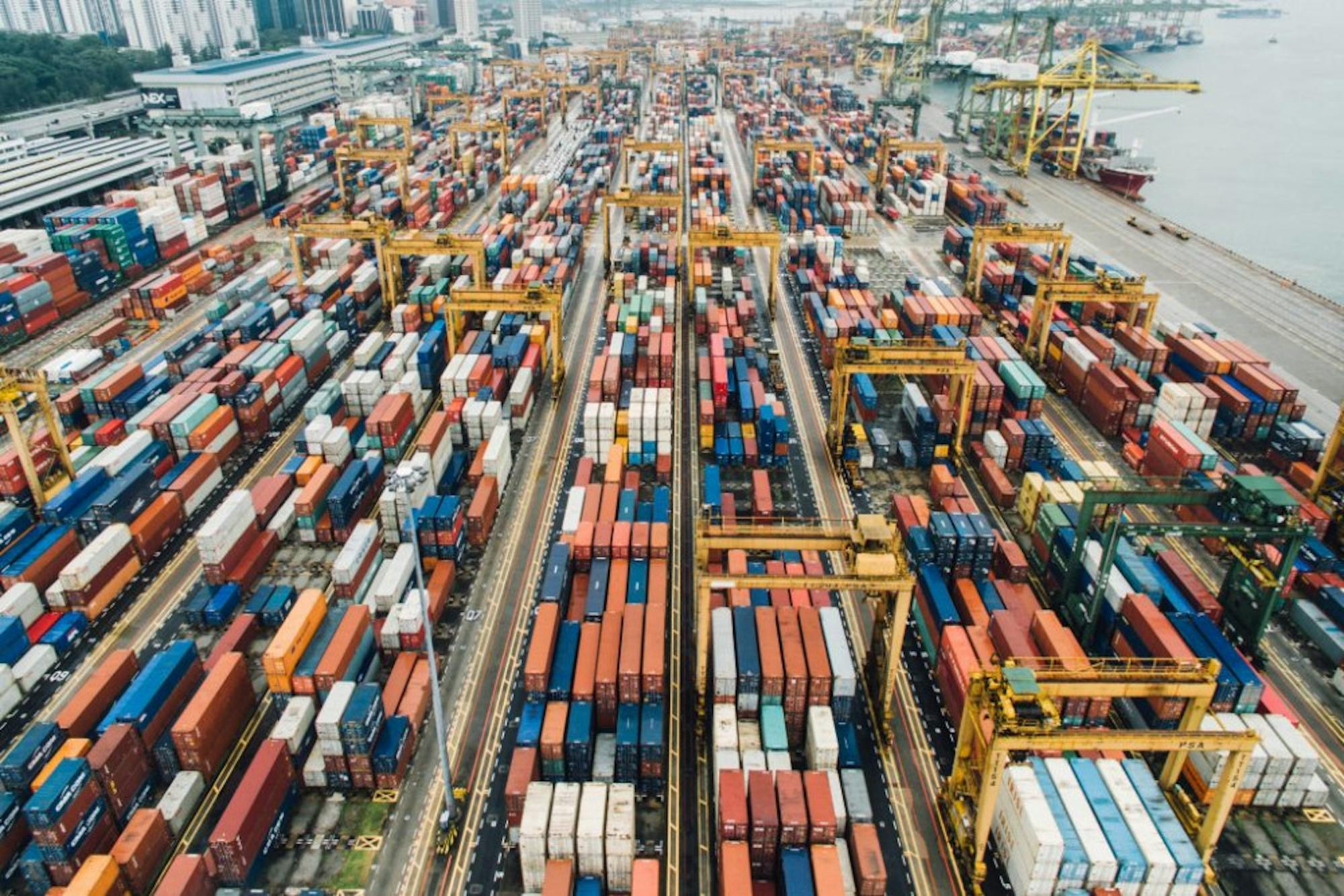At present, logistics companies − companies involved in the movement, storage and flow of products − do not focus nearly enough attention on protecting the environment. The adoption of sustainable strategies is still seen as a burden rather than an opportunity and thus is not yet popularized. To make matters worse, the competitive pressures of maximizing profits and shareholder returns lead logistics companies to breach their commitments to corporate environmental responsibility. The public and private sectors have a duty to galvanize logistics companies to honor these obligations before it is too late.
In recent decades, the logistics industry has played an increasingly crucial role in the global economy. Key players in the logistics industry are well-known, trusted names like DHL, United Parcel Service (UPS) and FedEx. They serve the chief function of relocating products from their original source to places where they are demanded. Without their services, the supply chains that enable businesses and organizations to function would come to a paralyzing standstill. Ever since the turn of the century, consumers worldwide are spending time and money online, heightening the expectations of and need for logistics companies’ services. This can be explained by a number of factors, including rapid urbanization, the rising middle class and the emergence of e-commerce.
More recently, logistics companies have proven indispensable in the response efforts to COVID-19. In fact, they have been primarily responsible for the shipping and delivery of groceries, testing kits, medical equipment and more. Consequently, there is a rising demand for these companies to provide flexible, safe and convenient services. It is evident that the pandemic has brought about global disruption at a massive scale, creating cross-border challenges for logistics companies and their ability to serve. Simply put, logistics companies have no other choice but to overcome these challenges by adapting to and preparing for increased volume, stricter regulations and tighter delivery time windows.
Unfortunately, due to these transformative developments, the environmental costs imposed by the logistics industry have been on the rise. The logistics industry is one of the world’s major sources of greenhouse gas emissions. Moreover, the packaging material used by logistics companies has overwhelmed landfills and even flowed directly into the environment. This is alarming, to put it mildly, given that greenhouse gas emissions and packaging waste pose acute environmental and health threats to all communities. From extreme natural disasters to ocean pollution, the deterioration of the environment can already be felt today, diminishing the quality of life on Earth. It is imperative that logistics companies mitigate their environmental costs to prevent these impacts from becoming irreparable.

Through technological advancements, including artificial intelligence, automation and big data, logistics companies have been able to reduce operational costs and boost overall efficiency. However, in recent years, logistics companies’ compounding environmental costs have garnered extensive media attention, sparking anxiety and fear among the public. This is especially true for younger generations, who tend to be more aware and concerned about the risks of global warming than their predecessors.
To mitigate these environmental costs, logistics companies must become more forward-looking and redirect their focus to adopting sustainable strategies.
On a more optimistic note, some companies have already taken gradual measures toward operating more sustainably. For example, to offset the impacts of vehicle exhaust, UPS is slowly beginning to convert their vehicles from diesel to electric power. Additionally, to lower the impacts of packaging waste, DHL is piloting initiatives to transition from single-use plastics to bio-based materials, which are derived from living organisms. These gradual measures, however, unequivocally need further development and are only the beginning of a long road ahead.
From my standpoint, the public and private sectors must jointly incentivize logistics companies to view the adoption of sustainable strategies as an integral business function rather than a voluntary good deed. Tax breaks, in the form of credits or exemptions, could be given to companies that make the switch to electric delivery trucks or other alternative vehicles that meet specific fuel efficiency standards. Similarly, grant programs can provide subsidies or discounted loans to companies that are in the process of shifting from plastic to bio-based packaging. Although these types of financial cushions already exist, the public and private sectors should expand and standardize these tax breaks and grant programs, providing logistics companies with sufficient enticement to go green.
Moving forward, the international community of business leaders, especially those leading logistics companies, must adopt sustainable strategies that will abate the degradation of the environment. The bottom line is that these companies can no longer circumvent or ignore the need for sustainable strategies. In order to succeed in the long term and stay relevant to a new generation of consumers, logistics companies must ensure that there are less negative environmental impacts associated with their services. The next steps are clear, and only time will tell if the international community will take the initiative to make environmental protection a top priority.
Veronica Chua (18C) is from Miami.





